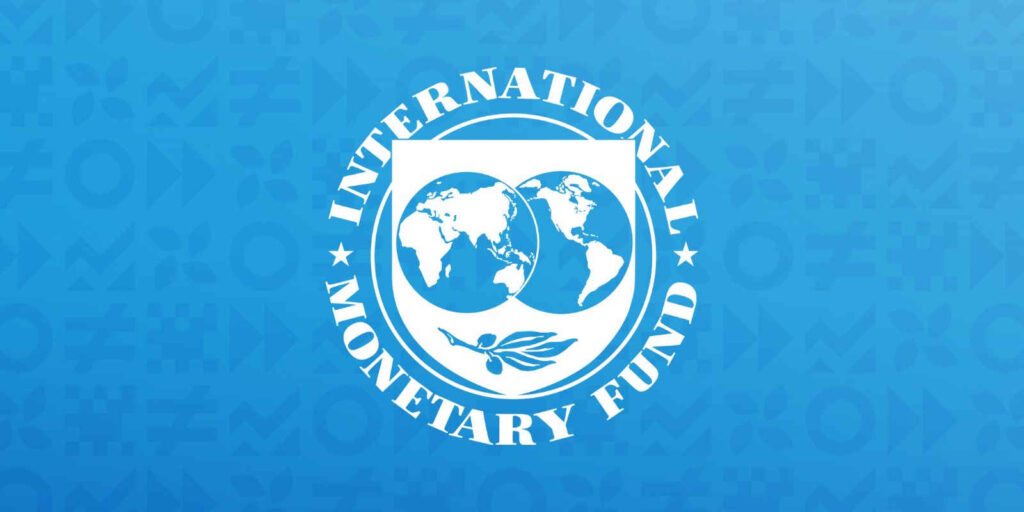The European Union’s economy faces slow growth and widespread productivity issues, as noted in a recent report by the International Monetary Fund (IMF).
According to Alfred Kammer, head of the IMF’s European Department, EU productivity lags across all member countries, with projected GDP growth reaching just 1.1% in 2024 and 1.6% in 2025.
Kammer highlighted three core challenges: fragmented markets that limit business growth, underperforming capital markets that fail to support emerging enterprises, and skill shortages across critical sectors.
To close the income gap with the U.S., he recommended removing barriers to the free movement of goods, services, capital, and labour across the bloc.
Kammer also noted the toll of rising energy costs, exacerbated by reduced Russian gas supplies due to sanctions and the EU’s shift away from Russian energy, though countries like Hungary and Austria still continue to import Russian gas.
Meanwhile, the IMF recently upgraded Russia’s growth forecast.
